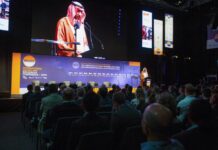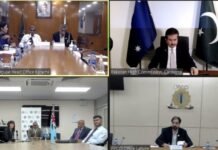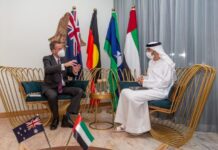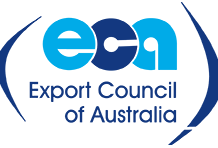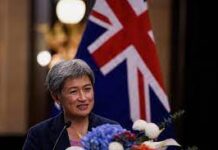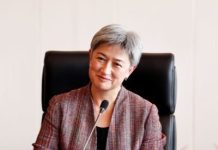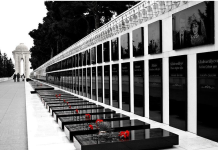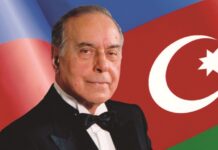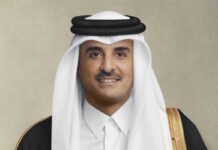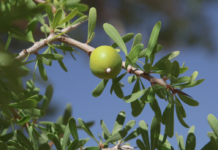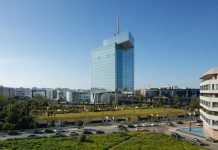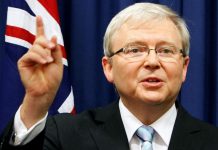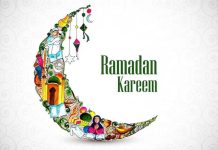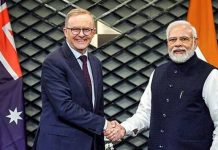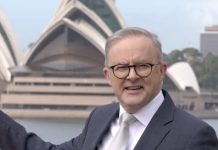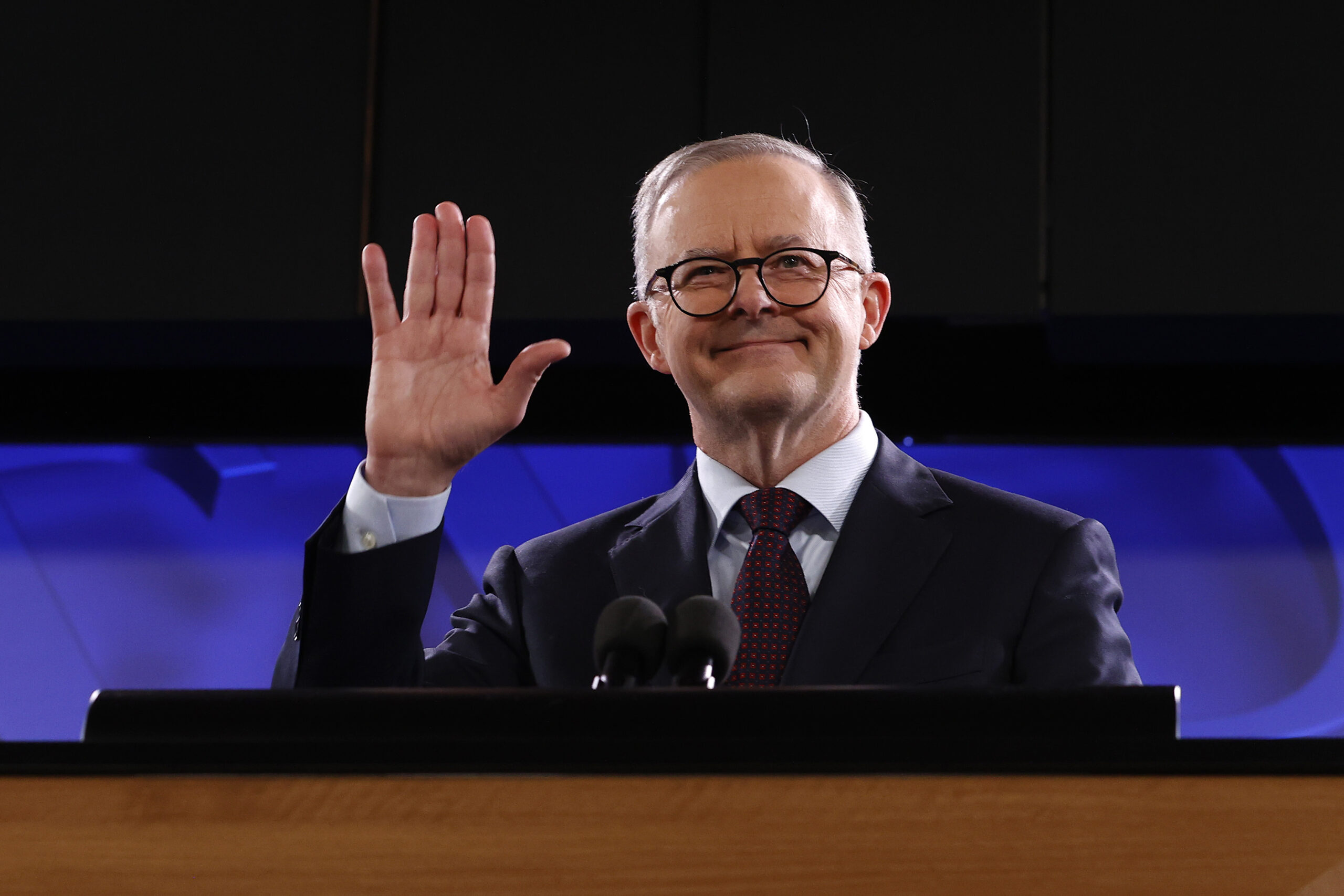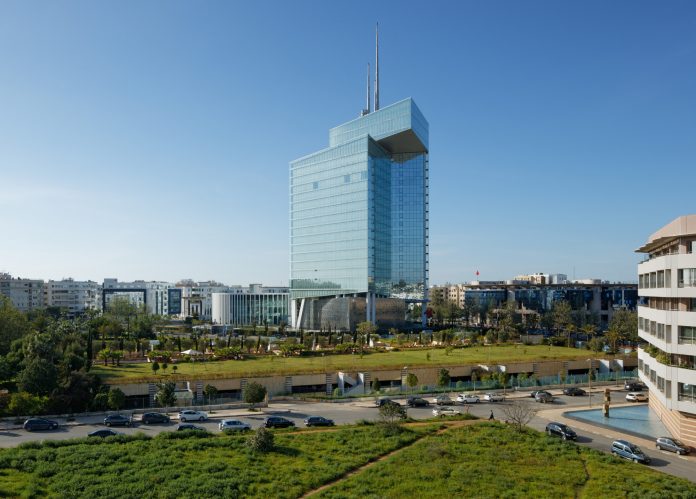The Kingdom of Morocco is a country that has successfully succeeded in mixing its tradition and long history with its modernity by harnessing them to drive development. Morocco has designed a model which is faithful to its history and adapted to the realities of the present time.
The country’s location at the intersection of Europe and Africa make of Morocco a real crossroads bordered by the waters of the Mediterranean and open to the vast stretches of the Atlantic Ocean. This “farthest land of the setting sun” is rich in contrasts, a destination that beckons every visitor to discover two millennia of history. In Morocco, the different religious communities live together in harmony.
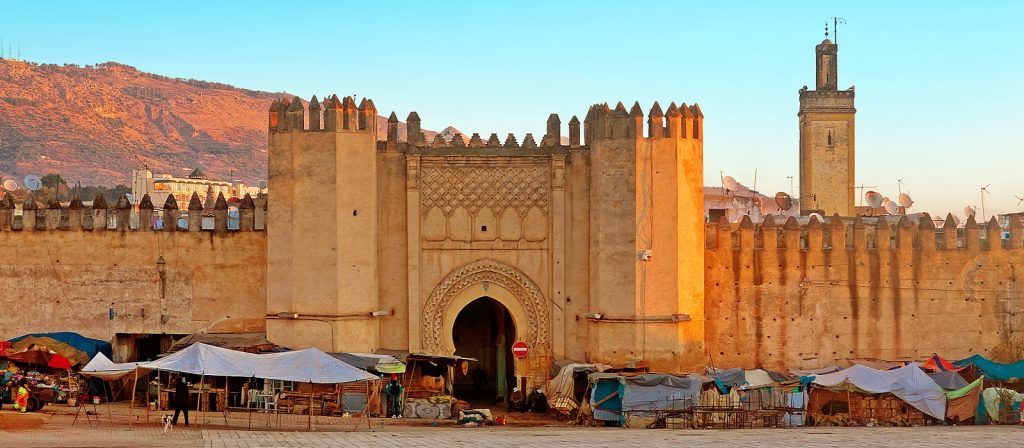
The Kingdom’s approach benefits everyone in the country, including non-Muslims. The Preamble of Morocco’s constitution underlines that its unity, “is forged by the convergence of its Arab-Islamist, Berber and Saharan-Hassanic components, nourished and enriched by its African, Andalusian, Hebraic and Mediterranean influences”.
To promote a moderate Islam, being its identity for centuries, Morocco has established the Mohammed VI Training Institute of Imams and the Mohammed VI Foundation of the African Scholars. These two institutions intend to unify and coordinate the efforts of Muslim scholars in Morocco and abroad in order to promote the values of a tolerant religion.
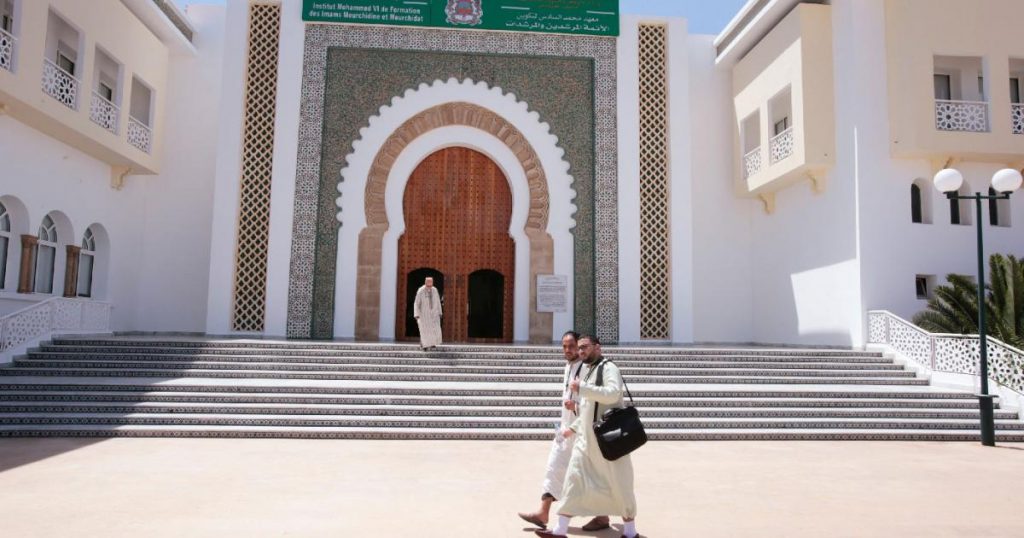
The Kingdom of Morocco has created its own specific model. The gradual and endogenous reform process has enabled Morocco, in spite of a difficult international context, to consolidate its democratic system and to strengthen its institutions, thanks to the Sovereign’s vision for a plural and open democratic society.
Besides, Morocco, one of the oldest and most traditional and at the same time modern Nations, has become a renowned brand, especially due to its rich culture, history of Arts, UNESCO heritage sites and impressive gastronomy.
The latter has been influenced by its interaction with diverse neighbouring cultures during centuries. The approach of Morocco is to build the future on solid foundations, while favouring interactivity within society.

In 20 years (since the enthronement of His Majesty Mohammed VI, King of Morocco), the Kingdom has witnessed impressive transformations.
The Sovereign has modernized the country in an exceptional manner by taking up major challenges at the political, economic, environmental, social and societal levels and undertaking reforms in various fields, especially with regard to human rights and gender equality.
The Kingdom has also succeeded in modernizing its economy through the launching of many sectoral strategies such as the Moroccan Green Plan for Agriculture (which generated 1.5 million jobs and an annual GDP varying between 70 and 100 billion MAD), the Hallieutis Plan for Fisheries (successfully implemented as the production has increased by around 40%), the Industrial emergence plan and others. Besides, Morocco has also become one of the most attractive countries for business and investments as it occupies the 53rd position of the World Bank’s Doing Business Index.
In this modern Morocco, ports, highways, railroads and airports constitute an incredible network of infrastructures, aimed at making of the Kingdom an important regional hub.
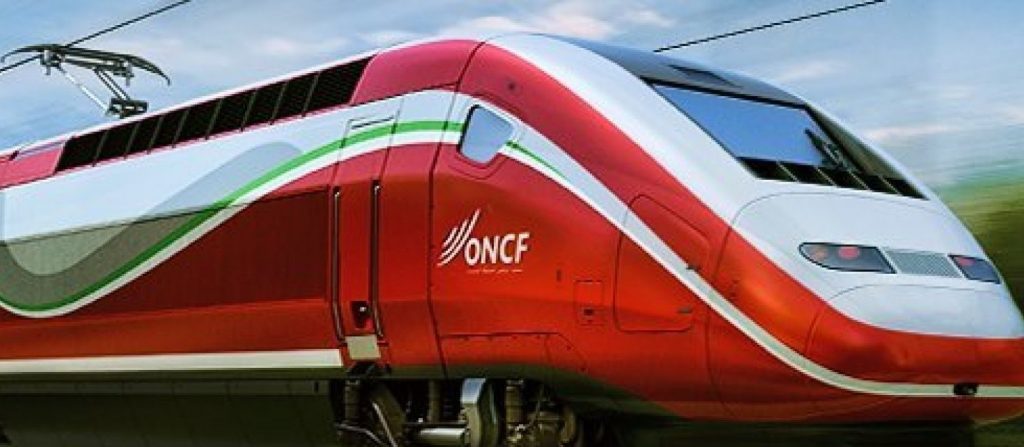
Since 2007, the Kingdom devoted around 42 billion dirhams annually to improve its infrastructures. The maritime sector is being galvanised by a revamping of infrastructure, outlined under the Port Strategy 2030, which aims to align capacity increases with the growth in handled cargo. The government invested 6.3 billion dollars (684.4 million dollars) during 2014-16 to establish new port facilities and expand existing ones.
Morocco possesses 38 ports, the most important of which is Tanger Med, established in 2007 and extended in 2019 to become the largest in the Mediterranean region. A new international port is set to be established in the city of Nador by 2021 while the Port of Dakhla, operational since many years is the largest in the southern provinces.
Automotive transportation remains essential in Morocco, accounting for up to 75 per cent of transport of cargo and passengers. By late 2014, the amount of highways in Morocco totalled 1511 km.

Furthermore, to connect the more isolated areas of the country, authorities have raised investment to develop the rural road network over the past 15 years. (Two phases of the National Rural Roads programme which ran from 1997 to 2012 and built over 25.000 km and the third and fourth phases of the programme to be finalised in 2016 and 2021 respectively are aiming to add an extra 20.000 km of roads). Morocco has also one of the largest railway networks on the African continent (2210 km).
The High-Speed rail link is one of the Kingdom’s flagship transport projects. The launching of the first High Speed Train in Africa took place in 2018. The first line links between two important economic hubs in the country: Casablanca and Tangier. In addition, efforts to promote urban development in a sustainable manner have opened the way for mass transit systems to service larger Moroccan cities.
In terms of Air transport, Morocco has an impressive network with the International Airport Mohammed V of Casablanca, constituting the principal link in the west and central African region.
The modern Morocco also leads the African continent in science, technology and innovation capacity. Morocco has launched during the last decade new projects, including a research fund to encourage partnerships between businesses and inventors, as part of a strategy to boost research and innovation.
Besides, Morocco has shown its ability to put technology at the service of its development, with the launching of the 2nd Moroccan observation satellite by ArianeSpace. They will be used for a wide range of activities, from cartographic and cadastral activities, to monitoring of agricultural activities, prevention and management of natural disasters, monitoring of Desertification as well as Border and Coastal Monitoring. In addition, reliance on renewable energy and sustainable growth has been one of the cornerstones of the development model adopted by Morocco.
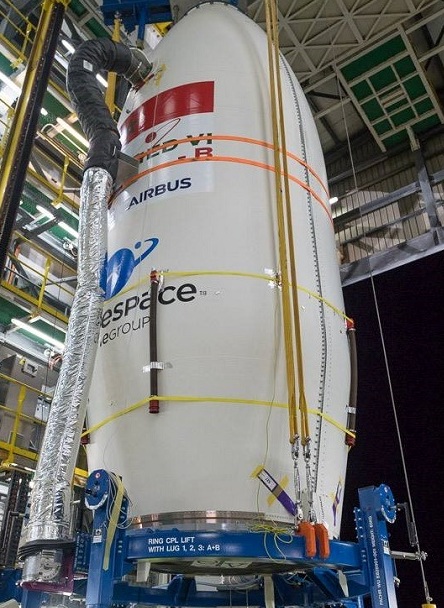
Moreover, the economic advance has taken place during these years. For instance, the Tourism sector, pivotal in the country’s economy alongside Agriculture, Mining, the automotive sector, the aerospace sector and others, has been boosted through the 2010 and 2020 strategies.
Every actor involved in this strategy was fully committed to achieve the objectives fixed by the 2010 Tourism Plan. At the end of the decade and despite the adverse global economic and geopolitical circumstances, the figure of 10 million tourists was reached and the income from the tourism sector was almost doubled.
Currently, at the end of the decade and with 2020 just around the corner, Morocco has consolidated its position as one of the major destinations for Tourists regionally and globally (including for Australians as 45.000 persons visit Morocco annually), largely in reason of its rich history, stable political situation, robust economy as well as its diverse and mesmerizing culture. The Tourism sector has witnessed an increase of 8% annually during recent years.
Hotel Nights in high ranked hotels amounted to 24 million and the country’s accommodation capacity has also increased significantly to 261, 256 beds.

In 20 years, the Tourism sector in Morocco has experienced an extraordinary boom. It has become professionalized, responding to challenges and open to the world. Indeed, the Modern Morocco can be proud of its achievements not only in tourism, but also in terms of
infrastructure, energy, agriculture, industry…etc. At the Social level, Morocco has made a remarkable progress in terms of human development, education and health. In addition, the country has proven to be a safe and secure country, due to an efficient strategy for counterterrorism which gained international recognition.
Among the countries of the Middle East and North Africa, Morocco is characterized by its stability, resilient economy, dynamism of civil society as well as diversity and richness of culture. The Kingdom, thanks to the numerous political reforms undertaken during the last two decades, has imposed itself as a credible partner on the international scene and notably due to its commitment for peace, security, south-south cooperation and fight against climate change.
Furthermore, the branding name of Morocco is more than ever rising in a world of global competition. The Kingdom has succeeded, so far, in embracing modernity without getting rid of its rich tradition and being aware of the challenges to overcome in the future.



